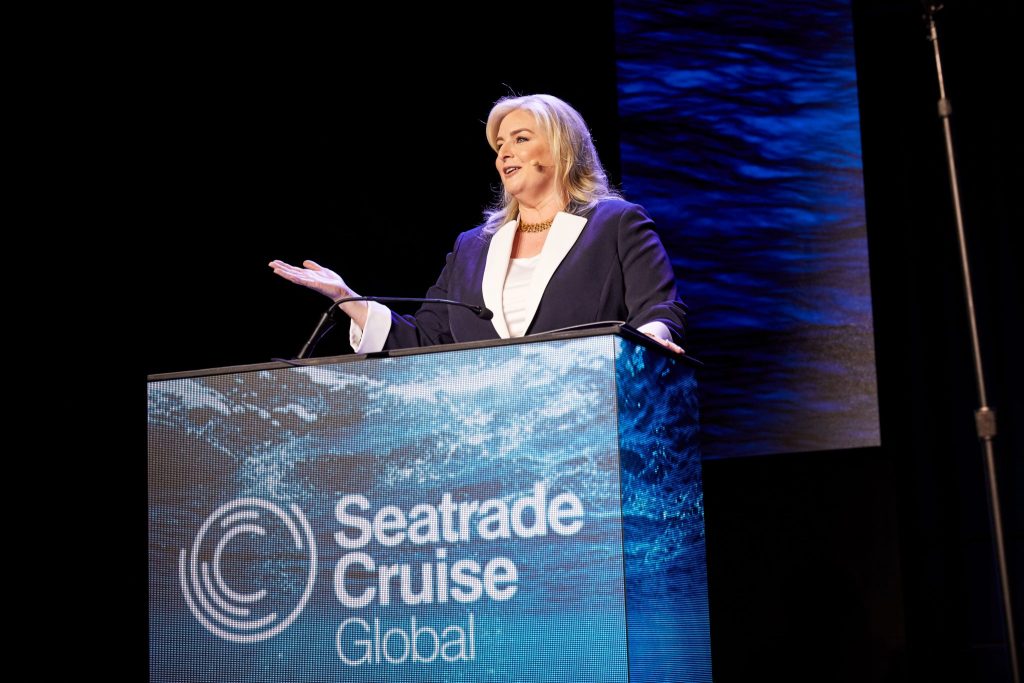
The Cruise Lines International Association (CLIA), the leading global cruise industry association, published in early September the "Global Cruise Industry Environmental Technologies and Practices Report" by Oxford Economics. The report highlights companies' progress in developing and implementing advanced technologies and practices to achieve lower emissions, greater efficiency and a cleaner environment on board, at sea and in port.
On LNG as a marine fuel, the 2020 report finds that 49 percent of new construction capacity will depend on LNG fuel for primary propulsion, a 51 percent increase in overall capacity compared to 2018.
Although cruise ships account for less than 1% of the global maritime community, the report shows that cruise lines have taken a leading role in the adoption of maritime technologies to the benefit of the entire maritime sector.
To date, the cruise industry has invested more than $23.5 billion in ships with new technologies and cleaner fuels to reduce air emissions and achieve greater efficiency. This is an increase of $1.5 billion compared to the results of the 2019 report.
"Although we have worked to address and overcome the impacts of COVID-19, the cruise industry remains committed to a cleaner, more sustainable future. With more than $23 billion invested in ships with new technologies and cleaner fuels, I can only imagine what we will achieve together over the next ten years and beyond," said Kelly Craighead, president and CEO of CLIA.
CLIA cruise lines were the first to publicly commit as a maritime industry to reduce carbon emissions by 40 percent by 2030 compared to 2008, and the report also addresses the issues of exhaust gas cleaning systems (EGCS), advanced wastewater treatment systems and power supply capacity in port.
Source: Cruising.org
 EN
EN  it
it

